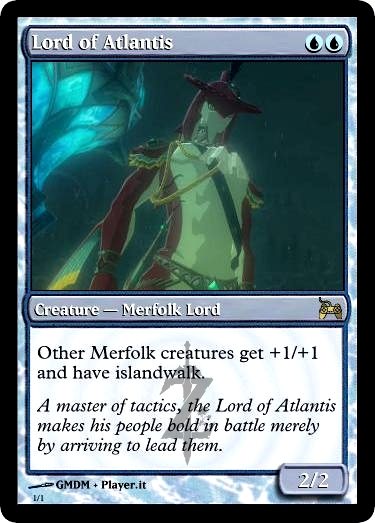

Homer and Hesiod suggest that Poseidon became lord of the sea when, following the overthrow of his father Cronus, the world was divided by lot among Cronus' three sons Zeus was given the sky, Hades the underworld, and Poseidon the sea, with the Earth and Mount Olympus belonging to all three.


Poseidon maintained both associations among most Greeks: He was regarded as the tamer or father of horses, who, with a strike of his trident, created springs (in the Greek language, the terms for both are related). In pre-Olympian Bronze Age Greece, Poseidon was venerated as a chief deity at Pylos and Thebes, with the cult title "earth shaker" in the myths of isolated Arcadia, he is related to Demeter and Persephone and was venerated as a horse, and as a god of the waters. He was the protector of seafarers and the guardian of many Hellenic cities and colonies. Poseidon ( / p ə ˈ s aɪ d ən, p ɒ-, p oʊ-/ Greek: Ποσειδῶν) is one of the Twelve Olympians in ancient Greek religion and mythology, presiding over the sea, storms, earthquakes and horses. Poseidon ( Neptune) and Amymone, fresco in Stabiae, Italy, 1st century


 0 kommentar(er)
0 kommentar(er)
